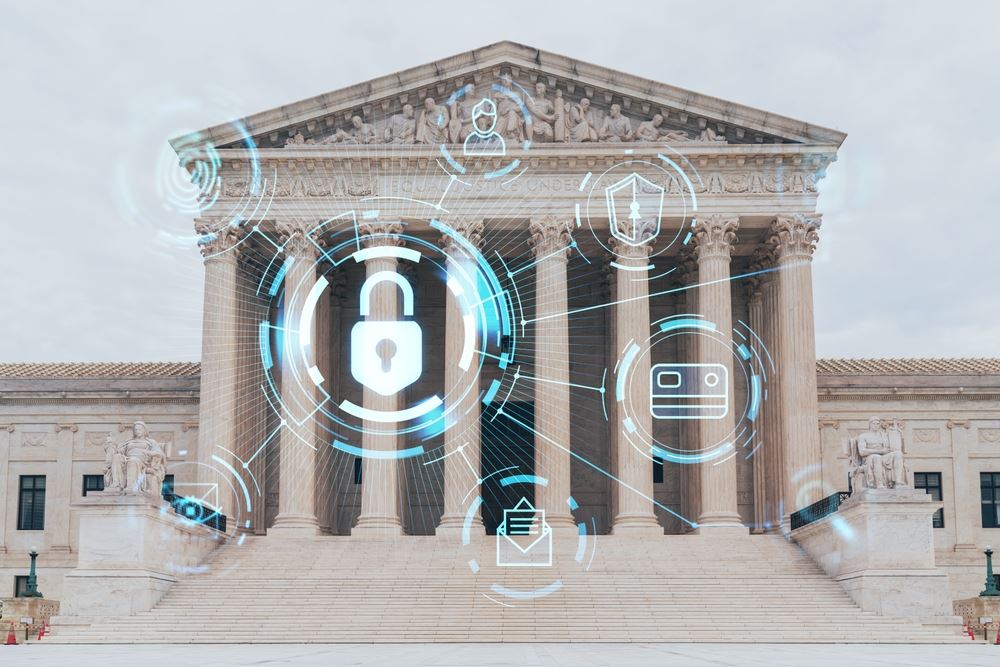President Biden signed into law the Daniel Anderl Judicial Security and Privacy Act on December 23, 2022. The “Anderl Act” aims to improve the safety and security of federal judges and their immediate family members. It requires government agencies, persons, businesses, and associations to remove the personal information of judges from public view within 72 hours of receiving a request for removal. It also authorizes grants to state and local governments to create programs that prevent the release of personal information of judicial officers.
Further, the Act increases the capability of the U.S. Marshals Service to anticipate and deter threats to the federal judiciary, coordinating with state and local law enforcement. It requires the Comptroller General to track relevant data related to threats and assaults on judicial officers and mandates the Department of Justice to report its findings to Congress in one year. The Act also allows for training and education on security best practices for federal judges and their immediate family members. The Anderl Act will take effect on April 23, 2023.
Importantly, the Anderl Act has enforcement mechanisms, though they are not as robust as those of the Michael Lefkow and Donna Humphrey Judicial Privacy Improvement Act of 2012 (the “Judicial Privacy Act”), which protects judges in Illinois. The Department of Justice or any of the chief judges of the federal courts can enforce the Anderl Act by seeking injunctive relief to protect a judicial officer’s confidential information. The court may award attorney's fees and costs, award actual damages, or impose a statutory penalty on “a person, business, or association [who] knowingly violates an order granting injunctive or declarative relief.”
The Anderl Act, however, provides no direct access to the courthouse for an aggrieved judicial officer. It fails to allow a plaintiff to recover attorney’s fees and costs for bringing an injunction that is not violated by the defendant. By contrast, a judicial officer may seek declaratory or injunctive relief themselves under the Illinois Judicial Privacy Act. Should they prevail, a court may award them recovery of their attorney's fees and costs. To be truly effective, a statute should provide a private right of action for individuals, allow courts to impose statutory penalties and award actual damages, and provide for plaintiffs’ recovery of attorney’s fees and costs.
Nevertheless, by affording judges and their families the protections of basic privacy, the Anderl Act is a meaningful step toward greater security for the members of our judiciary. Hopefully, it will prevent future tragedies.
You can read previous coverage of this legislation here.

